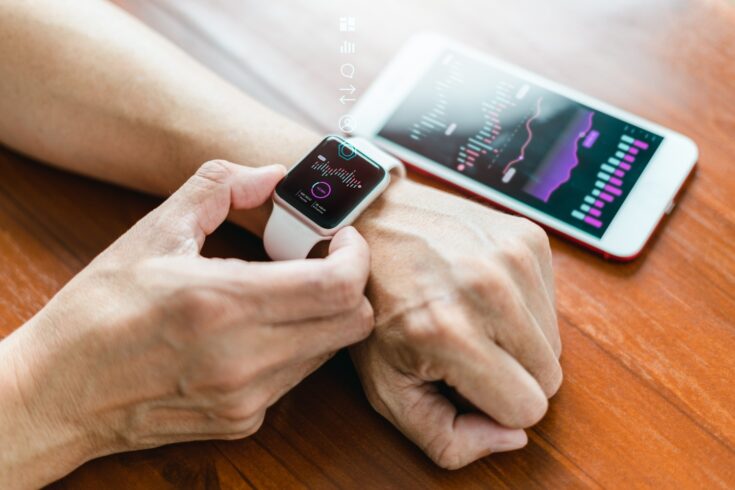This showed how smart meter readings could help monitor dementia patients, sending alerts to carers and family members of any unusual activity.
First clinical trials
In 2016 Mersey Care NHS Trust ran the world’s first clinical trials of the technology. Subsequently, UK government policy recognised how such additional digital healthcare services could help patients stay in their own homes for longer.
The Department for Business, Energy and Industrial Strategy recognised the value of smart meters to provide additional digital healthcare services that could help patients stay in their own homes for longer. SmartEnergyGB, the UK not-for-profit organisation helping people understand the benefits of smart meters, is now developing strategies to support additional smart meter services.
The research findings also influenced the replacement of older SMETS1 (smart metering equipment technical specifications) meters with new SMETS2 meters that could support digital health services.
Building a picture of activity
Machine learning allowed the researchers to build a picture of a person’s activity based on their interactions with electronic devices, through their smart meter readings. The technology enables dementia patients to live independently in their own homes, without the need for expensive and intrusive monitoring devices.
The research and collaboration also benefitted four spin-out companies, who are now using the technology in the UK, Germany and Japan.
A world-first support platform
This approach is a world-first support platform that captures the detailed habits of an individual’s interactions with electrical devices and identifies anomalies or changes in routine to facilitate early intervention.
The system identifies individual appliance usage to model normal and abnormal behaviour. It can identify kettle, toaster, microwave, cooker, and washing machine usage. Interactions with these devices are used to detect significant variations in daily living activities and safeguard patients.
Practitioners have never had access to this type of real-time information, meaning care packages and interventions are at best retrofitted using patient and carer feedback. This often results in insufficient care packages and delays that do not fully support the unique needs of each patient.
Clear assessment of patient wellbeing
This system provides a clearer assessment of a patient’s wellbeing and their ability to cope using real-time data from the appliances patients use to perform daily activities. This means the data is objective, reliable and not dependent on interpretation from patients or carers who have different cognitive viewpoints and biases.
The results demonstrate that the system can monitor and support patients in an unobtrusive and personalised manner.
Top image: Credit: SmartEnergyGB

